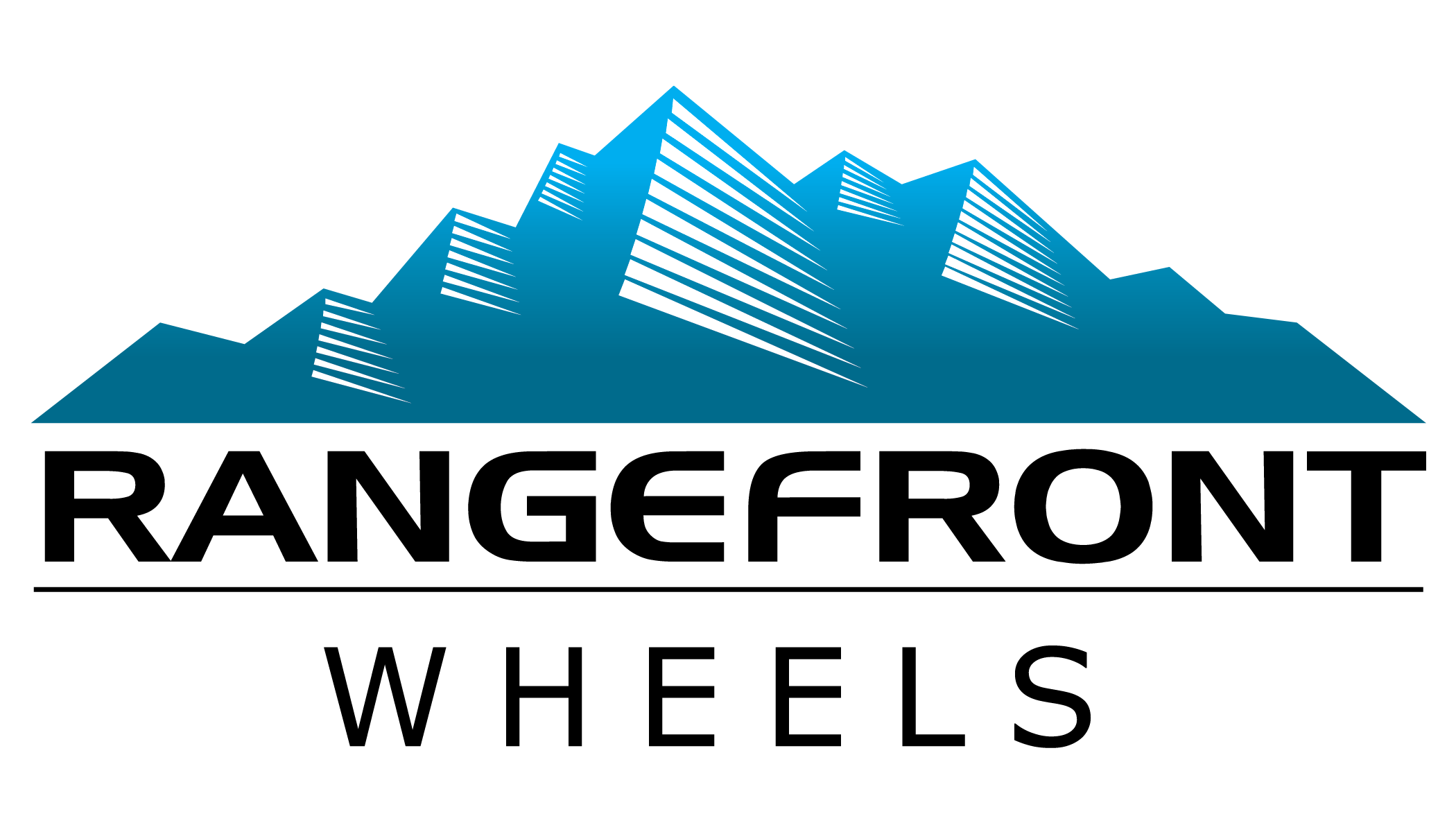Long-Term Pickup Truck Rental Tips: What to Know
Renting a pickup truck for long-term business use is a practical solution for many companies, especially those in industries requiring regular transportation of materials and equipment. However, long-term rentals come with their own set of considerations. Here are essential tips for businesses looking to rent pickup trucks for extended periods:
Tips for Long-Term Pickup Truck Rentals
1. Assess Your Needs
Understand Your Requirements: Before renting a pickup truck, determine what you need in terms of payload capacity, towing abilities, and size. Different tasks may require different types of trucks. For instance, transporting heavy equipment necessitates a truck with a high payload capacity, while a smaller truck might suffice for regular deliveries.
Consider the Duration: Long-term rentals can range from a few months to several years. Understand the implications of the rental duration on cost, maintenance responsibilities, and lease terms.
2. Research and Choose the Right Rental Company
Reputation Matters: Opt for a rental company with a good reputation and positive reviews. They should offer a range of well-maintained vehicles and transparent rental terms.
Compare Costs: Look beyond the basic rental fee. Consider additional costs such as insurance, maintenance, and early termination fees. Some companies offer all-inclusive packages, which might be more cost-effective.
Flexibility: Choose a company that offers flexibility in terms of changing the rental agreement, such as upgrading or downgrading the vehicle, or extending the rental period.
3. Understand the Total Cost of Ownership (TCO)
Factor in All Expenses: TCO includes more than the rental fee. Consider insurance, fuel efficiency, maintenance, and repair costs. A cheaper rental rate might not be cost-effective if the truck has poor fuel efficiency or high maintenance costs.
Negotiate Maintenance Responsibilities: Determine who is responsible for regular maintenance and repairs during the rental period. Some rental agreements might include maintenance services while others may put this responsibility on the renter.
4. Insurance and Liability
Ensure Adequate Coverage: Insurance is crucial for protecting your business against accidents and damage. Understand what is covered by the rental company’s insurance and what needs to be covered by your business insurance.
Understand Liability: Clarify aspects like who is authorized to drive the truck and what happens in case of an accident or damage. This knowledge is crucial for avoiding unexpected liabilities.
5. Vehicle Inspection and Maintenance
Regular Inspections: Before accepting the truck, inspect it thoroughly for any existing damage and ensure all issues are documented. Regular inspections during the rental period are also important to identify and address maintenance needs.
Scheduled Maintenance: Adhere to the maintenance schedule provided by the rental company. Regular maintenance can prevent major breakdowns and extend the vehicle’s lifespan.
6. Consider the Impacts on Business Operations
Training Employees: Ensure that employees who will be driving the truck are properly trained and familiar with its features and handling.
Plan for Downtime: During maintenance or repairs, you may not have access to the truck. Have a contingency plan in place to minimize disruptions to your business operations.
7. Explore Customization Options
Tailor to Your Needs: Some rental companies allow customization of the trucks to suit specific business needs, such as adding toolboxes, towing packages, or branding.
Understand the Limits: Be aware of any restrictions on vehicle modifications and the implications for the rental agreement and insurance.
8. Review and Understand the Rental Agreement
Read the Fine Print: Carefully review the rental agreement and understand all terms and conditions, including mileage limits, wear and tear policies, and termination conditions.
Seek Legal Advice if Necessary: If there are clauses that are not clear, consult with a legal expert. It’s essential to fully understand the agreement to avoid surprises later.
9. Plan for the Return Process
Understand Return Conditions: Know what condition the truck must be in upon return and any penalties for excessive wear and tear.
Document the Vehicle’s Condition: Before returning the truck, document its condition with photographs. This can serve as evidence in case of disputes over damages.
Wrap-Up
Long-term pickup truck rentals can be an effective solution for many businesses, offering flexibility and cost-effectiveness. By carefully assessing your needs, choosing the right rental company, understanding all costs involved, and ensuring proper insurance and maintenance, businesses can make the most out of their long-term rental arrangements.
